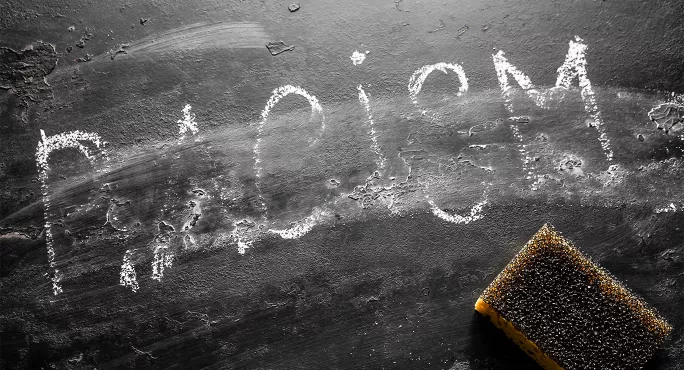Clear and consistent recording of all racist incidents - “regardless of intent or outcome”- is essential, advises new draft guidance for Scottish schools.
The draft advice, published by the Scottish government, sets out how schools should respond to racism and racist incidents.
One teaching union welcomed the guidance as an aid to many students and school staff who “lack confidence to report racist incidents, due to a belief that no effective action will be taken or that they will be blamed or accused of overreacting”.
Whole-school approach to racist incidents
The guidance calls for “a consistent and robust approach to addressing racist incidents experienced or displayed by children and young people in school”, which it says is “the first stage in the development of a wider whole-school approach”.
Nuzhat Uthmani, a University of Stirling lecturer and co-chair of the Scottish government’s Diversity in the Teaching Profession and Education Workforce sub-group, is one of the contributors to the interim guidance.
She said: “Schools must take this issue seriously now, as the broader societal context with the rise in far-right narratives and hate speech will only fuel further problems in schools. Additionally, increased racial literacy among staff and pupils can mean a greater awareness and willingness to challenge racism when it occurs.”
“One of the key drivers of change that Scottish government must continue to also pursue is to increase the ethnic diversity of the education workforce which, at 1.9 per cent, is sitting far below the current government target of 4 per cent by 2030.”
Ms Uthmani said that “clear and consistent recording of all racist incidents, regardless of intent or outcome” is a critical aspect of the whole-school approach to anti-racism encouraged by the guidance. She stressed that recording incidents “is not about labelling children and young people as racist, but instead is about tackling problematic behaviour and attitudes...before these become normalised or embedded”.
Other key aspects of the guidance that she highlighted include:
- Regularly monitoring and evaluating how racist incidents are addressed, using both quantitative data and qualitative feedback from the school community.
- Using relational and restorative approaches that challenge behaviour without stigmatising children (both those experiencing and displaying racism).
- Providing professional learning for staff to build racial literacy and confidence in identifying and addressing racism.
- Engaging with families in ways that are culturally sensitive and trauma-informed.
Matt Wrack, acting general secretary of the NASUWT teaching union, described the guidance as “particularly timely given the increasing spread amongst young people of far-right populism and extremist rhetoric influenced by online discourse and from political leaders globally”.
Staff and pupils ‘lack confidence’ to report racism
Mr Wrack added: “We know that many pupils and staff members in schools lack confidence to report racist incidents, due to a belief that no effective action will be taken or that they will be blamed or accused of overreacting.
“Successful approaches to tackling racism in schools are rooted in proactive work led by senior leaders to create a culture where everyone in the school community knows that racism and racist language and attitudes are unacceptable, and where there are clear and consistent sanctions in place if racist incidents do occur.”
The NASUWT stresses that while the guidance focuses on tackling racist incidents among pupils, the union is working with the Scottish government to ensure that the experiences of staff are not overlooked in the finalised guidance, which is expected before the end of 2025.
Mike Corbett, NASUWT Scotland national official, said: “Our recent Behaviour in Schools survey found that teachers from Black and minority-ethnic backgrounds were more likely to experience physical and verbal abuse from pupils. Teachers also reported pupils using racist language towards them.”
You can now get the UK’s most-trusted source of education news in a mobile app. Get Tes magazine on iOS and on Android





